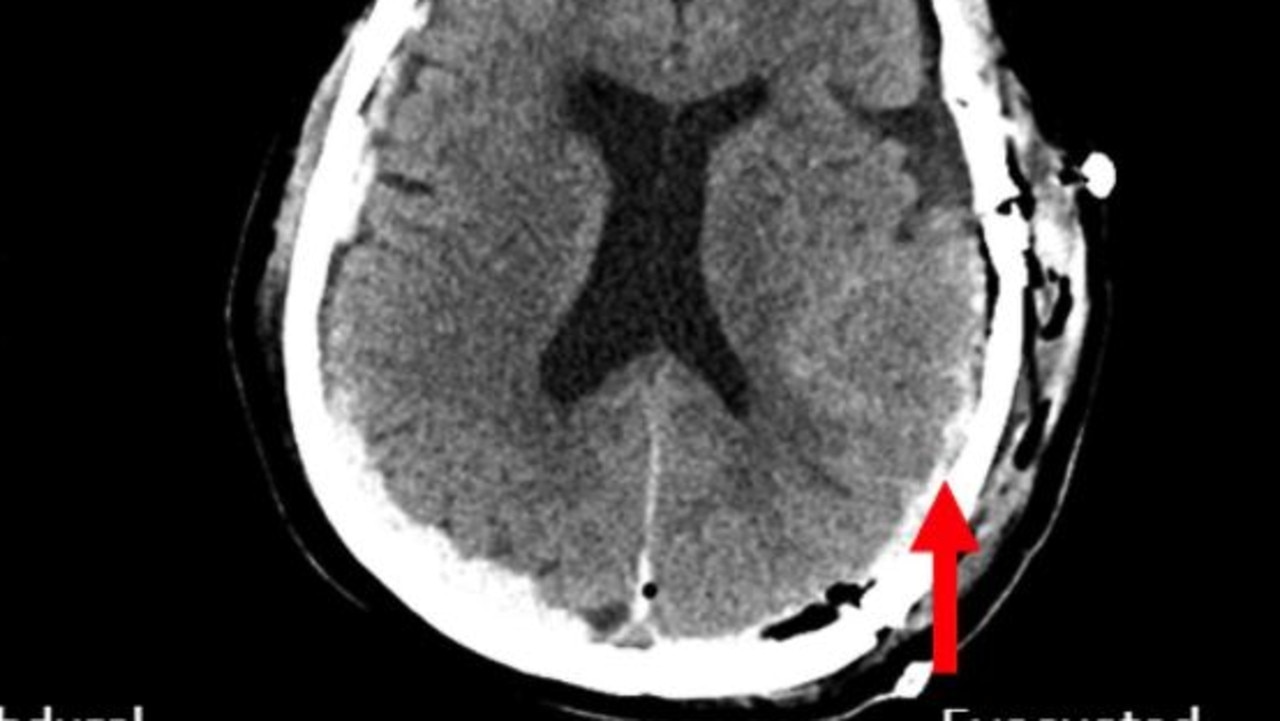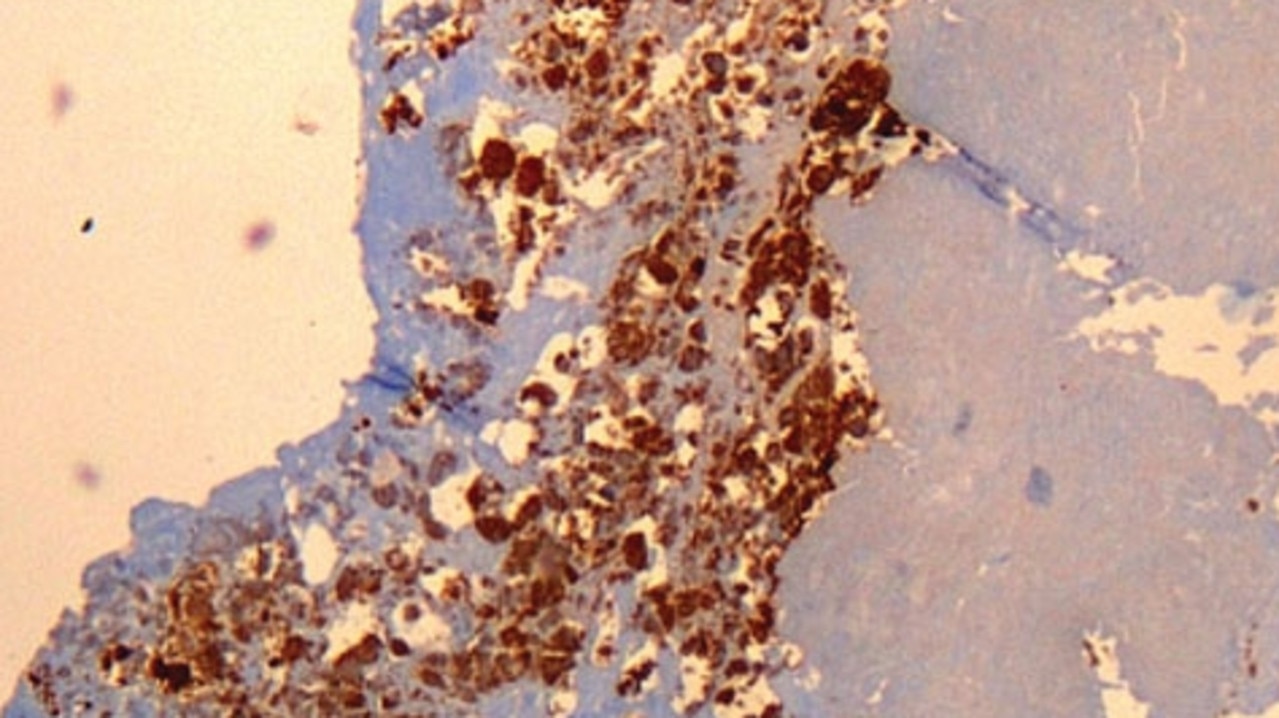Obesity epidemic: What is making humans fat?
CARBS and sugar might not be the only things making you put on weight. It turns out there could be another factor at play.
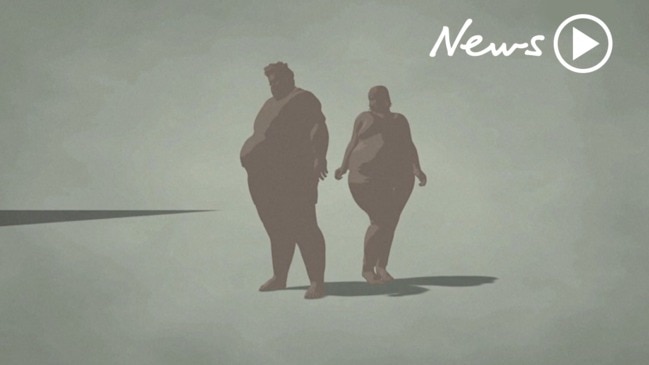
FOR the most part we’ve been taught that if you’re fat it’s your fault. Go for a run. Put down the sugar. And stop eating so many carbs.
But all over the world people are struggling with their weight. In the US more than two-thirds of adults are now overweight or obese.
And this happened so quickly, in the span of just a few decades, that it has made scientists wonder if it really is our fault that we’re fat. Perhaps there is something else at play?
To help answer this question, my podcast Science Vs spoke to Dr Giles Yeo, a geneticist at University of Cambridge in the UK.
He told me that “all evidence points to the fact that genes play an enormous role in our body shape and body size”. Dr Yeo thinks this partly because of studies in identical twins, who have pretty much exactly the same genes.
If identical twins are always the same weight, it’s a big clue that genes play an important role in making us fat.
The problem is that twins usually grow up in the same house, with mum and dad feeding them the same food. So it can be hard to know if it was the diet or their genetics that made them the same weight.
Sometimes, though, twins are split up and are raised in different places. Bummer for the twins, great for science.
By studying these kinds of twins, as well as siblings and twins raised together, scientists tend to find that some 70 per cent of the difference in people’s BMI can be explained by genetics. BMI is a ratio of height and weight, it’s far from a perfect indicator of weight, but it’s not too bad.
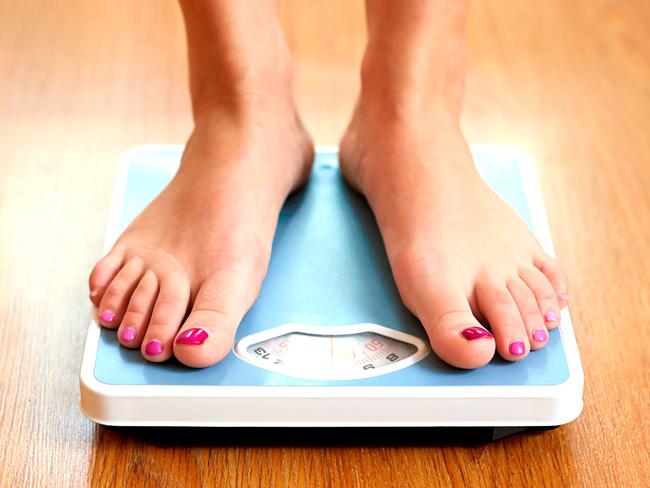
It’s not clear how our genes might be increasing our risk of being fat, but there is some evidence that one gene might affect our appetite.
It seems pretty weird to blame our genes for the recent surge in obesity, though, because these “fat genes” didn’t appear out of nowhere. In fact, they’ve probably been with us for thousands of years. Why are we only getting fat in the past few decades?
Dr Yeo says our environment has changed in this time. There’s more fast food restaurants, for example. So, perhaps the interaction between this brave new world and our ancient genes are working against us. But still, Dr Yeo says our genes don’t seal our fat fate. “You can win with a bad hand of cards.”
If you’re dealt a hand full of obesity cards, what can you do about it? Something we all hear is that exercise can battle our bulge. But some scientists are questioning this idea.
A group of researchers recently wrote “let us bust the myth of physical inactivity and obesity”.
While another team noted that when it came to physical activity there is “limited evidence to suggest that it can blunt the surge in obesity”.
There is great evidence that exercise is important for our overall health, and preventing chronic illnesses. “That’s not the debate we’re having,” says Dr Lara Dugas, a physical activity researcher at Loyola University in Chicago. The debate is about whether exercise can really drop your size.
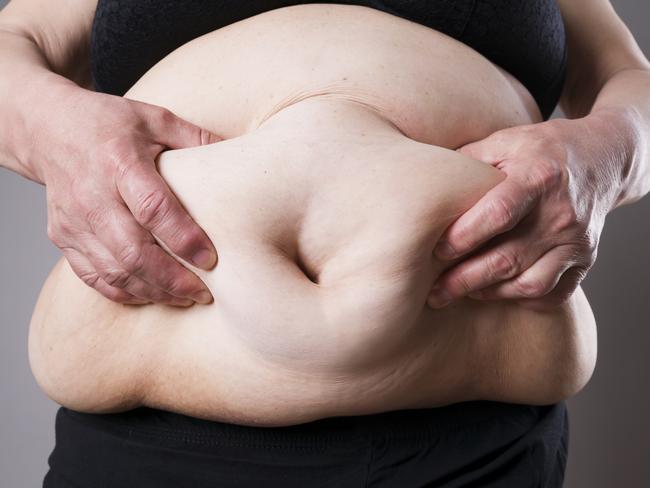
Dr Dugas and her team have been studying about 2000 people from five countries. She’s tracking their weight and how active they are. After a few years, she couldn’t find a clear link between being less active and gaining weight.
How is that possible? Well, physical exercise and physical activity does burn calories, but Dr Dugas says that on average the activity we do isn’t enough to burn off the calories we gobble up. In other words, it’s really hard to outrun a bad diet. “Trying to lose weight by exercise alone, it’s not gonna happen,” says Dr Dugas.
There is one caveat. Research has found that if you do a lot of exercise, it might help you lose a little bit of weight. So for example, generally speaking, doing three to five hours of hard exercise a week — for a couple of months — might make you lose around two kilograms.
Research is emerging that other factors might also play a role in our weight — like our gut bugs or maybe, even, where we live. But, it’s unclear how important these are.
One thing about obesity is really clear though. Diet plays a big role in how heavy you are. Eating less calories reduces your risk of being overweight. And studies consistently find that when people cut the amount of calories that they eat they lose weight. So, the food we eat matters, and it matters a lot. (Sorry.)
But still, there’s too many of us affected by obesity too quickly for all the blame to be on people’s choices about what they are eating. Dr Giles Yeo says our obesity is probably due to a range of factors, and trying to blame one thing is “probably too simplistic and probably wrong.”
To hear more about what is making us fat, as well as the science behind Vitamins and Supplements, Balding Treatments and Chiropractors — listen to the podcast Science Vs.

